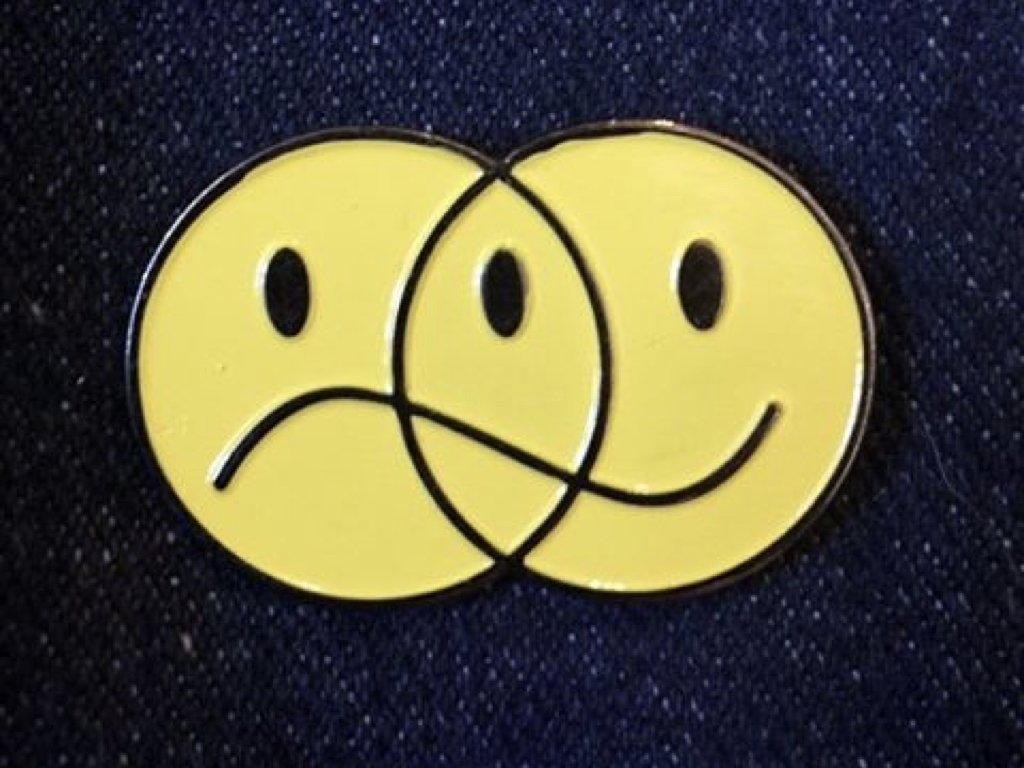Never Good Enough
This summer, I rode a bike up Alp d’huez, the most famous mountain in road cycling’s most famous race, the Tour de France. After pedaling on the same roads as my cycling heroes, reaching the summit in a better-than-expected time, and achieving something only a fraction of cyclists can do, my thoughts immediately turned to how I could have ridden faster. Rather than revel in the feat, I lamented that my hydration was insufficient; I could have used the gears more effectively and should have exerted more effort at some crucial points.
Your self-competitive mindset tells you after a great workout that you could have lifted a few more pounds. Cooked a delicious meal – should have added fresh basil. Made an effective presentation – could have added another bullet point.
Could Always Do Better
This message was instilled in me just a few months into my professional career through a senior partner’s response after I hesitatingly suggested a revision to a document he had drafted. Joe Allen said, “I have never seen anything that couldn’t be improved.” These words have remained with me and served me well despite occasionally haunting me.
Navy Seals abide by the 40% rule – when you believe you are at the absolute limit of your endurance, you have only used 40% of your capacity – 60% remains. While we may be unable to match a Seal’s superhuman feats, their example informs us that we have another gear or more energy available.
Dissatisfaction with a hard-won result may also indicate we fail to recognize “it is the journey and not the destination.” Although this saying may be criticized as disregarding the importance of the destination, it is a reminder to appreciate the process.
The could-always-do-better principle can burden a journey with anticipatory dissatisfaction. You should have seen the look of satisfaction on my face as I crossed the last “t” and dotted the last “i” of my first blog drafts. Three months later, when I gave them a final review before publication, I was shocked by how poorly written they were and hurriedly revised them before you could read them.
Happiness turned to disappointment because my writing skills improved in the interim, and I held the original drafts to a higher, contemporary standard. Since I believe my writing will continue to improve, I am tempted to submit to a vicious cycle where I think no present writing is worthy.
Since we cannot escape the reality we can always or will do better, are we prohibited from enjoying any achievement? Nonsense!
The Resolution
What do you tell a first grader who excitedly and proudly shows you her first math test with a “100” written across the top? In my case, I curtly (and fictitiously) informed my daughter she should not be so happy as she knew nothing of the multiplication skills she would learn next year.
Remember how happy you were the first time you did something – closing your first deal, finishing your first 5K, buying your first house, or (children cover your eyes) making love to your spouse for the first time. You relished the moment with carefree, childlike joy without regard to what could have been or will be.
Today, can you allow yourself to experience first-time joy? Or, have you done “it” so often that you have become emotionally calloused and believe you cannot recapture first-time joy? Perhaps you are only using 40% of your emotional capacity.
Even if it is not a first-time experience, we can remain in the moment and take pleasure in an accomplishment for what it is without invoking thoughts of what could or should have been.
Desiring continuous improvement is good, not bad. The desire propels us to produce more and better accomplishments than we believe possible. The principle becomes problematic when it prevents the enjoyment of any present achievement.
Like most of our issues, we will not entirely escape could-have-done-better thoughts. Rather than allowing them to form the basis for disappointment and deny joy, we can use those thoughts to fuel our ambition.
_________________________________________________________
We can be both – pleased with our accomplishments and aspire to do better.
_________________________________________________________


